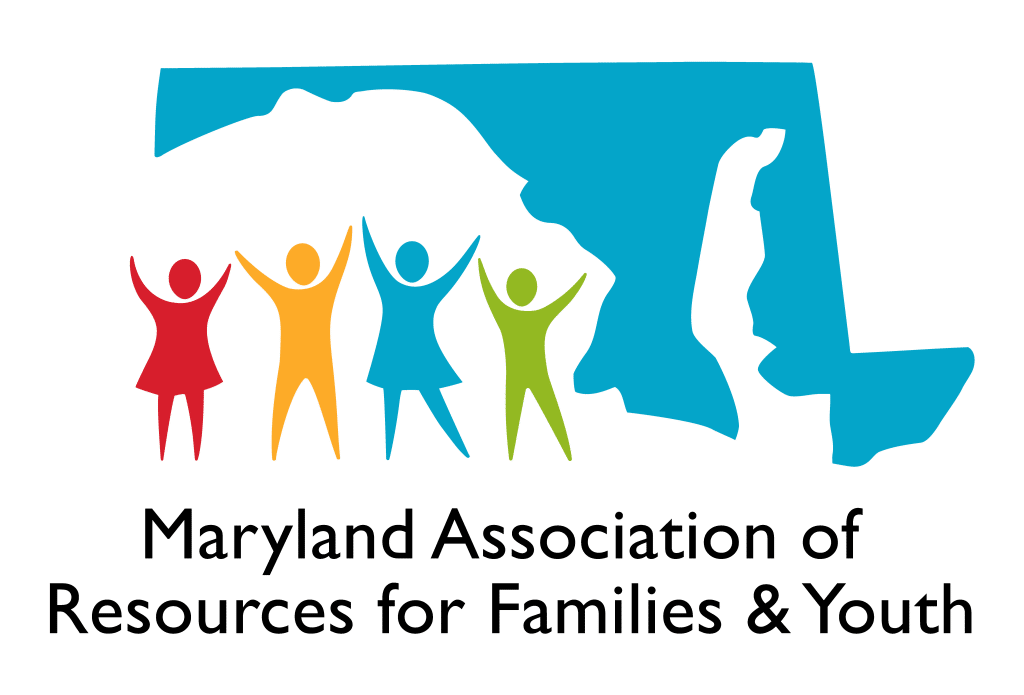By Heather Iliff
Creating a culture of care within nonprofit organizations requires fair wages for staff, positive working conditions, and organizational policies and practices to be continuously monitored, updated and improved. However, the systemic environment in which nonprofits work is uniquely stacked against us in achieving these supports for our staff and administration. The obstacles have serious impacts on equity in several ways.
First, barriers to funding are often insurmountable for smaller organizations that are more likely to be led by people of color. Secondly, frontline and entry level staff with the lowest salaries are predominantly Black and Latino, and predominantly women. Many of the direct care positions require specialized training, skills and certifications, and yet salaries are lower than in positions like retail or food services. This leads to chronic staffing shortages, that place greater burdens on existing staff. These strains all compound themselves to lead to staff burnout, toxic cultures, and lack of support for staff with extremely challenging jobs.
The underlying causes of these problems are stacked as follows:
Federal Government: The federal government utilizes nonprofit organizations to implement its policy priorities across a range of areas, such as education, housing, food, domestic violence, HIV/AIDS, environment, and arts. Some of these funds are disbursed through contracts, some through grants, and some by formula to state and local governments who then grant through to nonprofits. Congressional delays in approving the federal budget lead to delays in contracts and funding for nonprofits, creating cash flow problems that sometimes lead to layoffs or even closure of organizations. Extremely high administrative burdens of applying for and managing federal funds often make it impossible for nonprofits to cover the full cost of receiving the funds, and also do not include adequate overhead and administrative costs.
State and Local Government: Most state and local funding for nonprofits originates from federal sources. More levels of government adds delays and administrative burdens on top of the federal requirements. State agencies also add unfunded mandates, caps in salaries for specific positions and other burdens making it difficult for nonprofits to even deliver services, with little bandwidth to invest in creating a caring culture in the organization.
Philanthropy: Foundations can make unrestricted or restricted grants to nonprofits. Unrestricted grants enable the organization to utilize the funds on whatever expenses are necessary to carry out the mission and administration of the organization. Restricted grants must be used for a specific purpose, such as for construction costs or a specific program. Restricted funds are more burdensome to manage, and they rarely cover the types of salary and administrative costs that are necessary to invest in a human resources department, salary increases, consultants, staff retreats, or other measures nonprofits need to create a culture of care. Given that virtually all government funding is restricted, foundations should avoid making restricted grants altogether.
Public Awareness and Trust: Many members of the public have been influenced by scandals and organizations like Charity Navigator that have put “administrative costs” in a negative light. In order to have strong chief executive leadership and human resources support, nonprofits like any other business must make expenditures on their administrative costs. The pressure to keep administrative costs low actually impedes nonprofits’ ability to create a positive work environment for their employees.
This is the Moment to Care… And Advocate!
Maryland Nonprofits helps coordinate and lead advocacy with a range of partners around the state to address the challenges above. Below are some steps we are taking:
- Advancing racial equity to address inequitable barriers caused by systemic white dominant culture.
- Advocating for the Nonprofit Strength and Partnership Act to improve federal government partnerships with nonprofits.
- Advocating for higher salaries for direct care and frontline staff.
- Advocating for investments in “Putting People First” to ensure adequate funding for serving people with disabilities and mental health needs, housing, violence prevention, and more.
- Advocating for reform of state grants, including the Maryland Efficient Grant Application Council and procurement reform.
- Working with local funders to amplify the national movement toward trust-based philanthropy, multi-year general operating support, and support for people-of-color based nonprofits.
- Improving public trust through the Standards for Excellence that helps nonprofits put in place what is required to operate as a fully ethical and accountable nonprofit organization.
Get Involved!
- Sign up for Updates [newsletter link]
- Become a member
- Attend July 28, ‘This is the Moment to Care… And Celebrate!’
- Donate to our 30th Anniversary Campaign ‘This is the Moment to Care’
Sign on to support the Nonprofit Strength and Partnership Act





